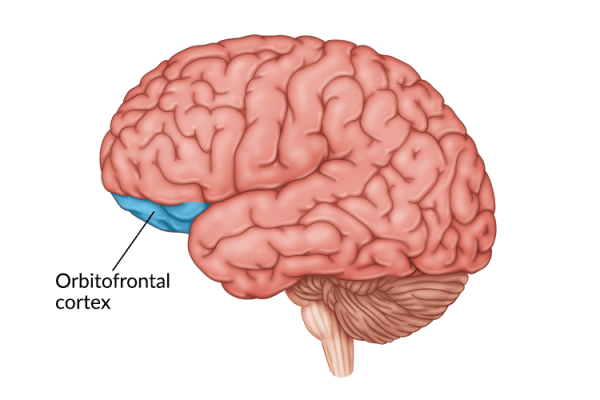
Orbitofrontal Cortex Damage: Understanding Emotional & Behavioral Changes After TBI
When a survivor sustains orbitofrontal cortex damage, it can lead to unwanted behavioral changes. The orbitofrontal cortex is an area of the brain responsible for

When a survivor sustains orbitofrontal cortex damage, it can lead to unwanted behavioral changes. The orbitofrontal cortex is an area of the brain responsible for

Traumatic brain injuries can be classified as mild, moderate or severe. Moderate tbi makes up only about 10 percent of all traumatic brain injuries. Typically,
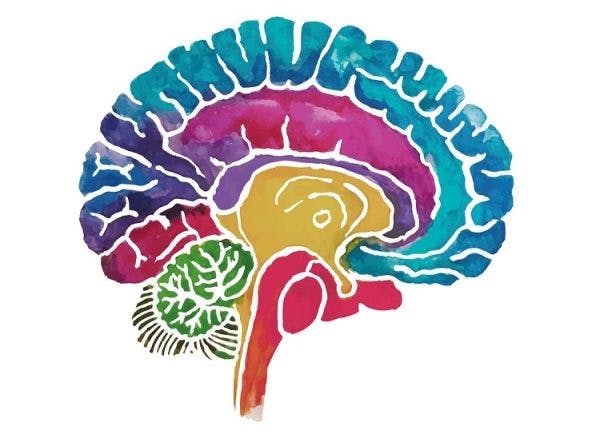
Traumatic brain injury survivors may experience a range of secondary effects depending on which areas of the brain sustain damage. The parts of the brain
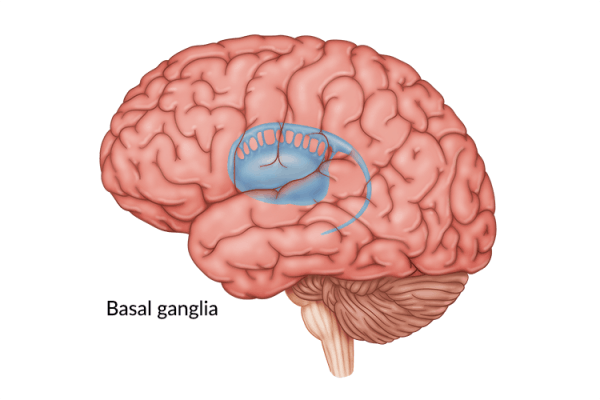
The basal ganglia are structures within the brain primarily responsible for movement. When someone sustains basal ganglia brain damage, they may experience difficulties with balance,

Global anoxic brain injury is one of the most severe types of traumatic brain injury. While the road to recovery may be challenging, it is
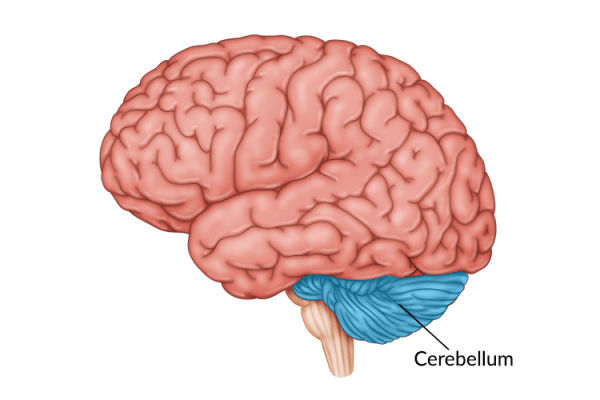
Although cerebellum brain damage is relatively rare, its effects can be quite serious. Damage to the cerebellum can result in significant motor, visual, and cognitive changes.
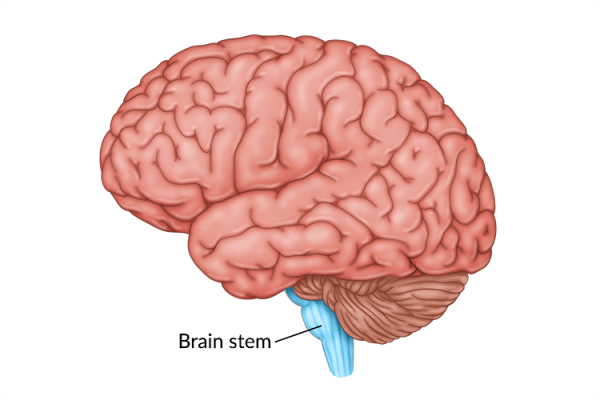
When brain stem damage occurs, important basic life functions, like breathing, are impacted. Fortunately, it is often possible for a person with a brain stem

Mild traumatic brain injury (TBI) may be more serious than many people realize. If the proper steps are not taken, patients can experience symptoms for

Following a severe brain injury, individuals may experience major changes in their movements and cognitive abilities. This can lead to difficulties performing everyday activities independently

Generally, diffuse axonal injuries (DAI) are a severe type of traumatic brain injury that affects multiple areas of the brain. As a result, various connections within


Take the first step towards recovery.